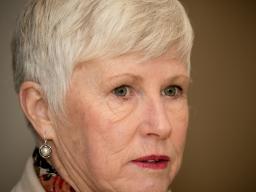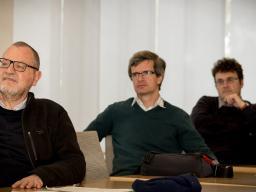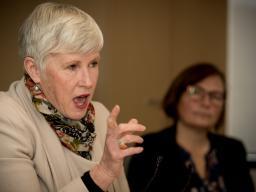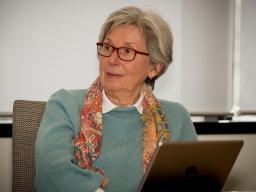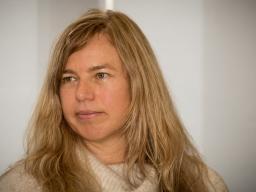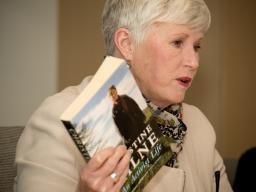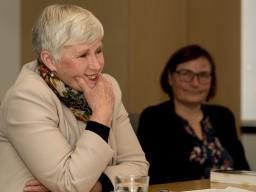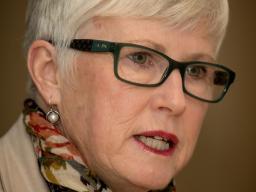Over the years I have written hundreds of press releases and speeches, yet writing a political autobiography was a challenging task. How does a private person allergic to celebrity and identity politics go about it? Why would you do it? Having been a critic of many political autobiographies as self-serving pitches for leadership or post politics careers, the ‘I did this and then I did that’ form with a couple of salacious episodes thrown in to sell the book, I was never interested in writing a story only about me. An Activist Life became a means of recording the political and social context in which my commitment to environmentalism and social justice played out. It had to be more personal than a history and so that is why I chose to frame my autobiography through a selection of objects which allowed me to express the emotions I struggle to articulate.
But, why write it at all? It was to shine a light on a poorly recorded part of modern Australian history. I was passionate about telling the stories of Green politics and the forgotten campaigns and campaigners who have contributed so much to the protection of Tasmania and Australia’s natural environment, to social changes like gun law reform and gay law reform, and to the vibrancy of participatory democracy. I wanted to relate those accounts as one who had lived them. Activists rarely write their histories, they go on to the next campaign. I wanted to encourage people to start recording their own histories and experiences, documenting their own images with dates, names, and places so that the next generation can know why places and cultures have become what they are.
Christine Milne was brought up on a dairy farm in North West Tasmania, graduated from UTAS with Honours in History and undertook a teaching career. An environmentalist, she was arrested and jailed during the Franklin River campaign and was elected to Parliament in 1989 after successfully opposing the Wesley Vale Pulp Mill. She became the first woman to lead a political party in Tasmania. She was a founder and became the leader of the Tasmanian (1993) and Australian (2012) Greens parties. Global warming is her priority. She is a UN Global 500 Laureate and was recently made an Officer of the Order of Australia for her work in conserving Nature.
Location
Speakers
- Christine Milne
Contact
- Nicole McLennan
Image Gallery
File attachments
| Attachment | Size |
|---|---|
| Biography-Workshop-August.pdf(586.64 KB) | 586.64 KB |
